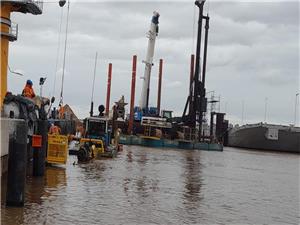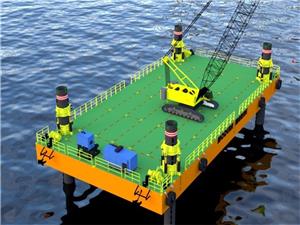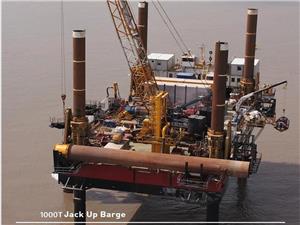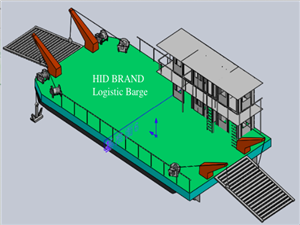Importance of Training Dredge Operators
Evaluations have continuously demonstrated that experienced operators achieve 95% of the potential of the specific equipment with which they work, whereas less experienced operators stagnate at approximately 60-70%. This can often be the difference between winning and losing a project, being competitive or not – and, in fact, a question of the company’s ability to survive. Research has shown that the difference in efficiency is based on three factors: the state of the equipment; the planning and methods of operation; and the human factor, i.e. the competence of employees involved at all levels.
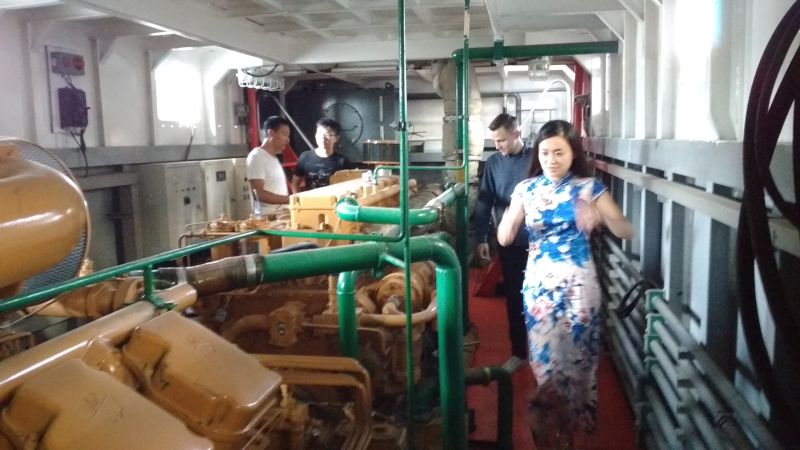
The operator of a Cutter Suction Dredger must have sufficient knowledge of the pumping, cutting and anchoring process and spud handling in relation to the job requirements and the dredge profile. He also has to know how to control the pump drive train and the drive automation systems. In addition, he must have the confidence to: take responsibility for correctly dealing with heavy components, high powered equipment, and thick steel cables; communicate with other people on the job, and keep afloat a vessel that can sink if mishandled.
The conclusion is that advanced and complex equipment is not enough – it requires highly skilled crews, skippers, onboard engineers and dredge masters to really benefit from its potential.

